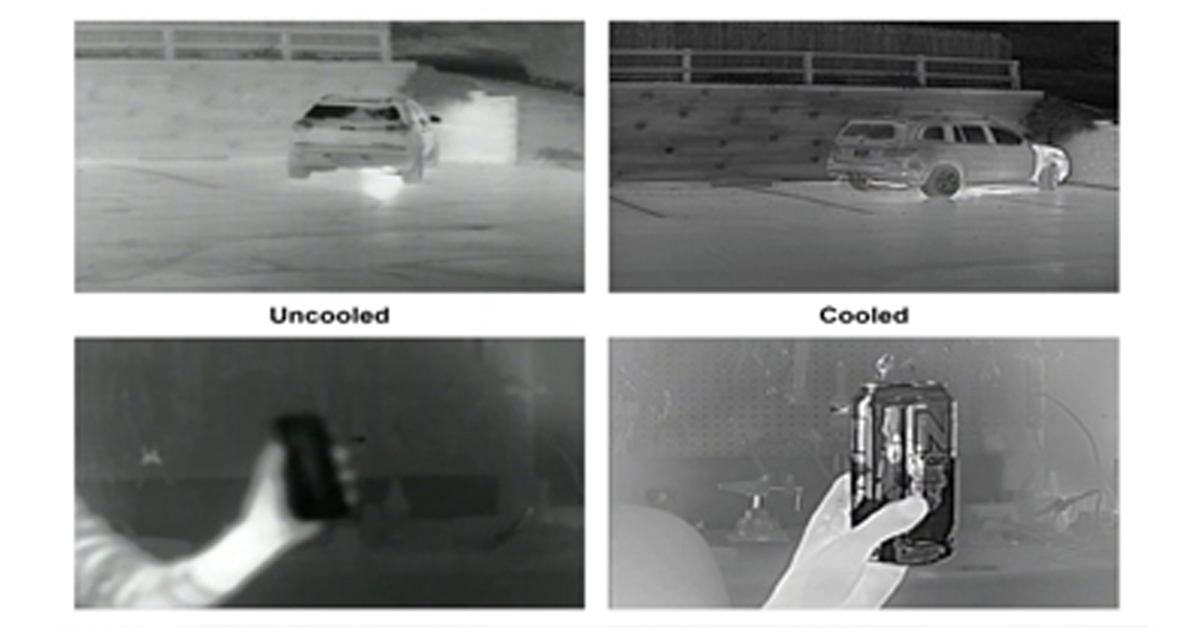
ITS-Series Dual AID Surpasses Standards for Fire Detection Systems in Japan
Underground land planning in major cities has helped ease the pressures of traffic and overcrowding but presents unique challenges due to the inaccessibility of underground roadways in the case of a traffic accident. Monitoring underground spaces, especially for tunnel fires, is essential to catch problems early and prevent catastrophic and life-threatening events. The Teledyne FLIR ITS Dual AID thermal camera provides real-time temperature measurement and alarms, giving it a major advantage compared to traditional fire detection technologies. Recently, the ITS Dual AID passed regulations for installment in underground spaces in Japan. 
Japan has some of the most comprehensive regulations and requirements for detection equipment in the world. For instance, all installed detection systems in road tunnels must be able to detect a 0.5 m2 plate and 2-liter gasoline fire from 25 meters away within 30 seconds. Until recently, traditional flame detection technology was the only equipment which met these rigorous specifications. Linear temperature sensors were then introduced to supplant flame detectors, but they did not meet the requirements for detection as they could only be qualified for locating fire.
In 2020, the Japanese Ministry of Land, Infrastructure, Transport and Tourism (MLIT) called for a new fire detection technology that could also function as automatic emergency alert equipment. Sohatsu Systems Laboratory Inc. (SOHATSU, www.sohatsu.com) responded to the call with a fire detection system based on the Teledyne FLIR ITS-Series Dual AID thermal imaging camera. The FLIR Dual AID combines best-in-class thermal and visual imaging technology with advanced video analytics to provide a complete solution for automatic incident detection, data collection, and early fire detection.
After passing durability standards, the FLIR ITS Dual AID was subjected to fire detection tests in a tunnel simulating full-scale fire conditions. Testing was conducted by the Advanced Construction Technology Center (ACTEC), a nonprofit organization that promotes cooperation in the development of advanced construction technology, and included detecting a test fire that was 25 meters away within 30 seconds.

The ITS Dual camera system surpassed requirements by detecting the test fire within 10 seconds. It also passed the non-fire alert tests for a warm truck passing by the camera. This demonstration of the ITS Dual AID camera’s ability to accurately detect potential fire hazards within seconds was a testament to its advantage over traditional flame detector technology. Overall, the ITS Dual camera has passed the strict standard for the automated emergency alert equipment installed in underground spaces.
Based on these successful test results, SOHATSU will submit the ITS Dual camera-based system to be registered as approved automatic emergency alert equipment with the New Technology Information System (NETIS) managed by MLIT. Teledyne FLIR will continue working with SOHATSU to develop the ITS Dual AID camera for use in the tunnel Supervisory Control and Data Acquisition (SCADA) system.
Blog Posts

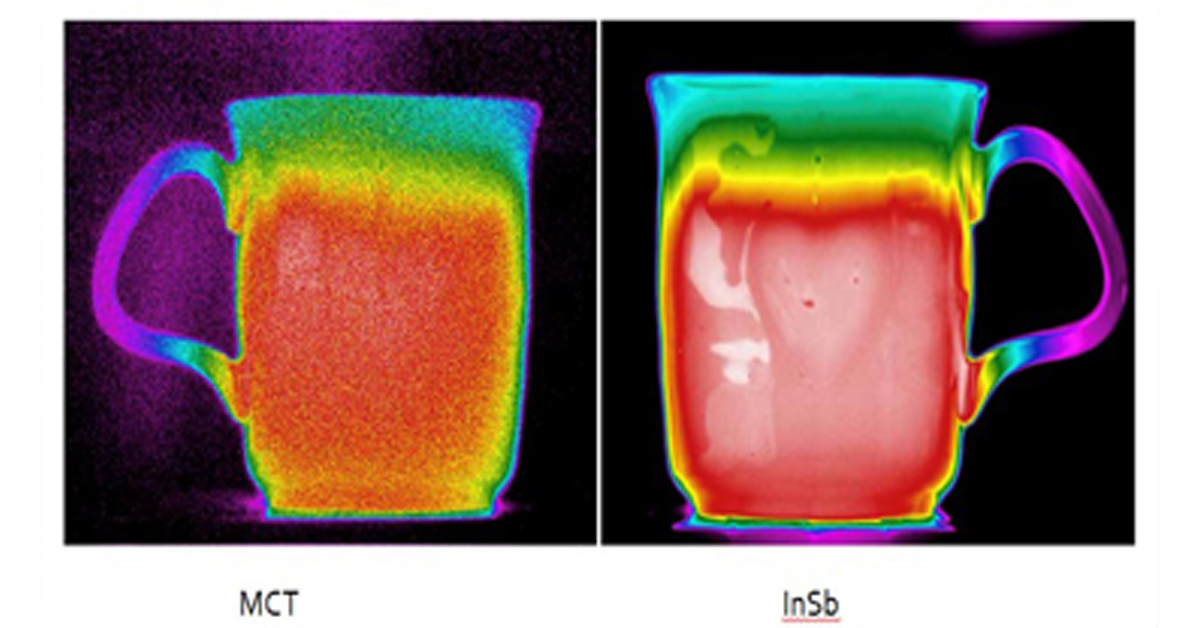
Thermal Camera Selection
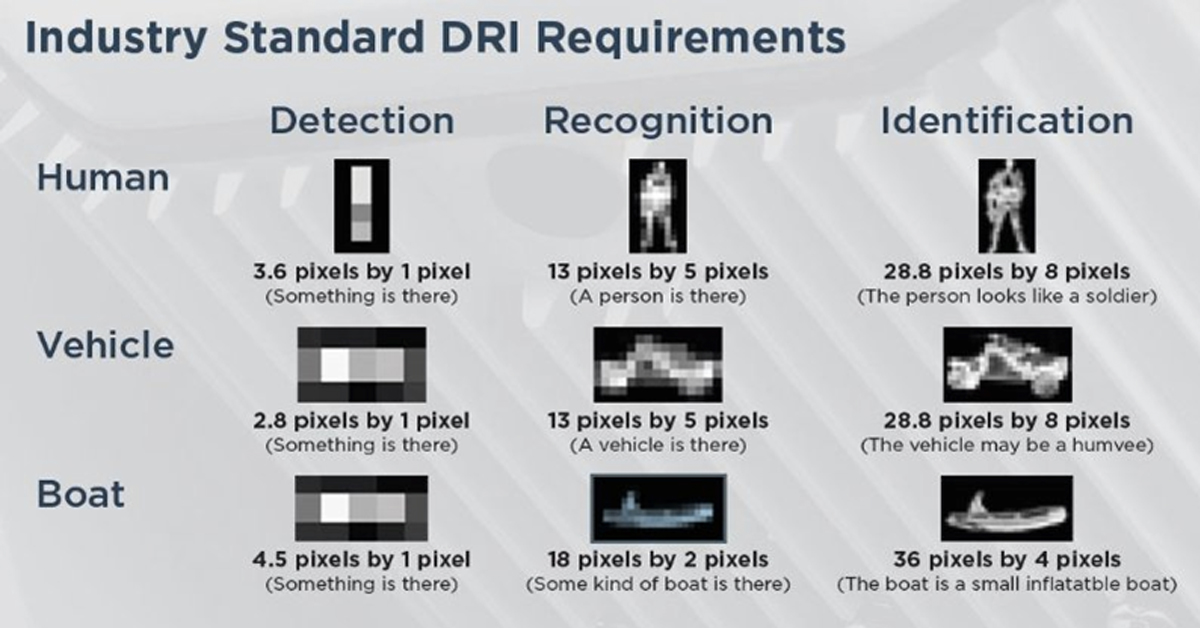
How Far Can I See?
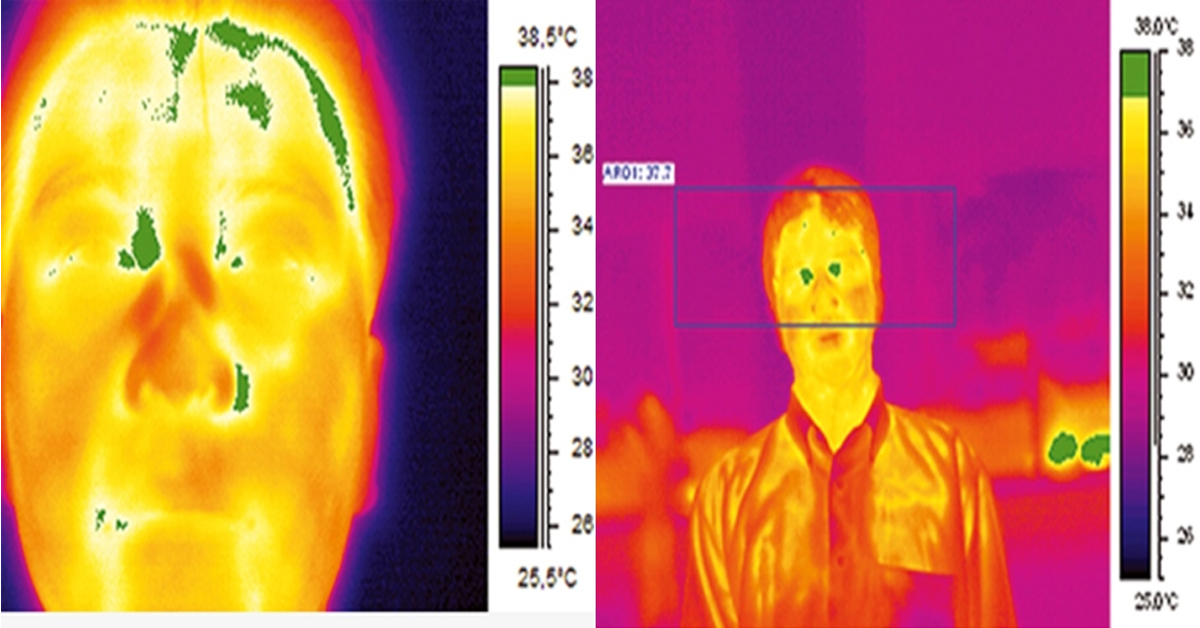
How Should Human Temperature Be Measured?
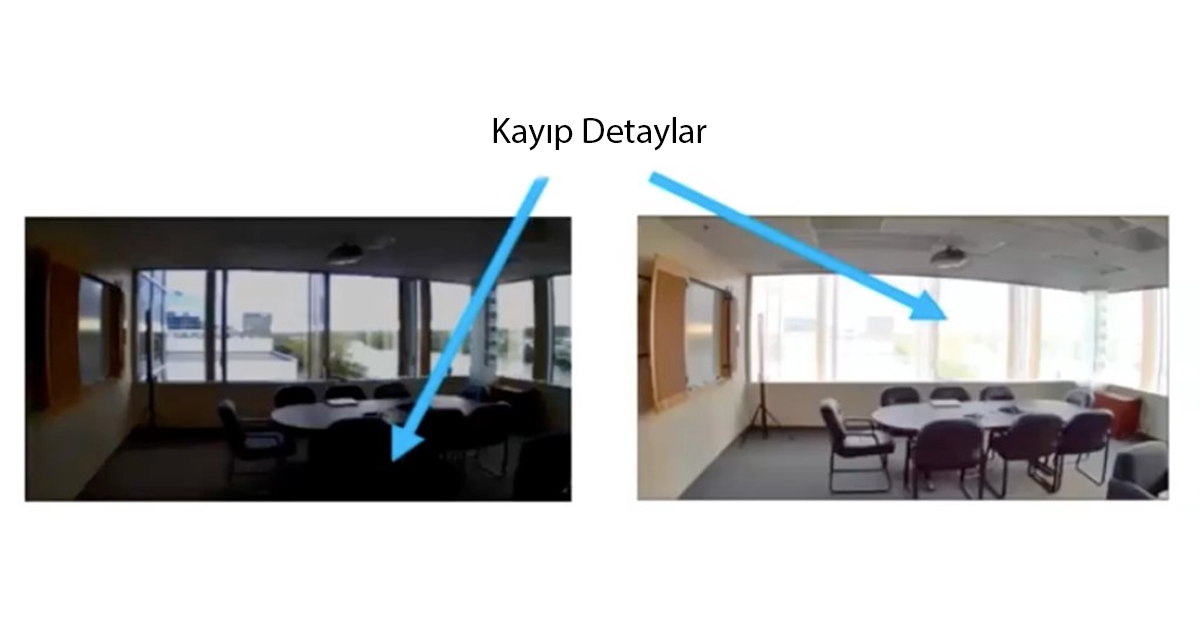
What is Wide Dynamic Range?
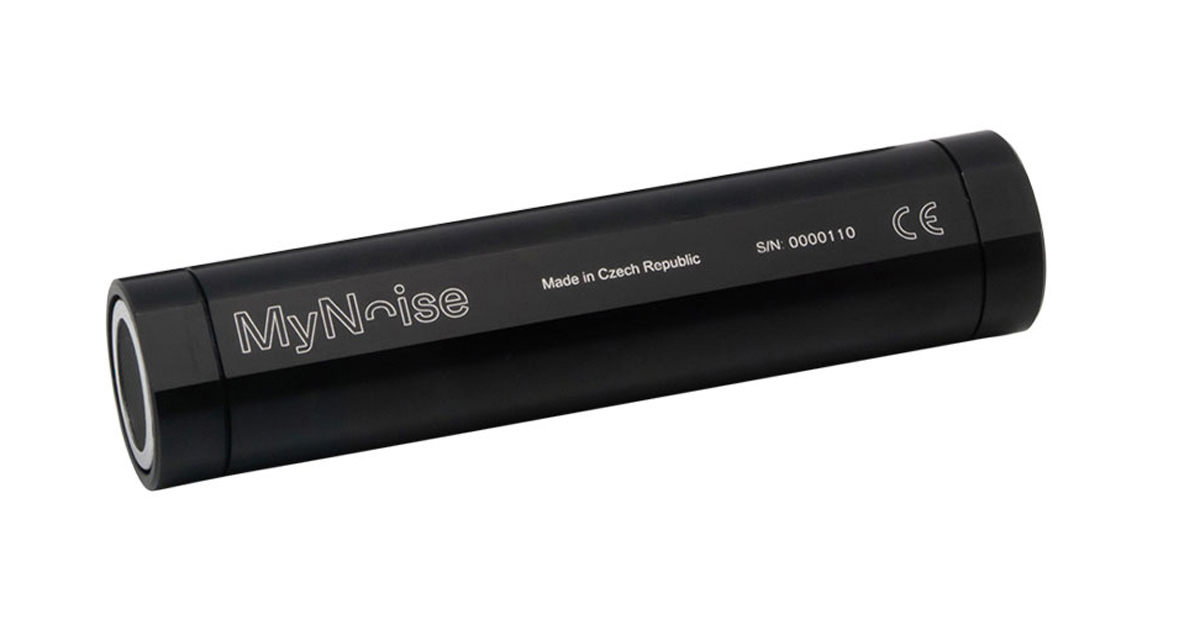
MYNOISE AUDIO MIXER REVIEW

WHAT IS A WIRELESS DISTRIBUTION SYSTEM?

POE VS. POE+ VS. POE++: CHOOSING THE RIGHT INDUSTRIAL ETHERNET SWITCH FOR YOU

INDUSTRY-LEADING INDUSTRIAL ETHERNET SWITCHES

UNDERSTANDING WHAT THE INDUSTRIAL INTERNET OF THINGS IS

THE DIFFERENCE BETWEEN A HUB, SWITCH, & ROUTER
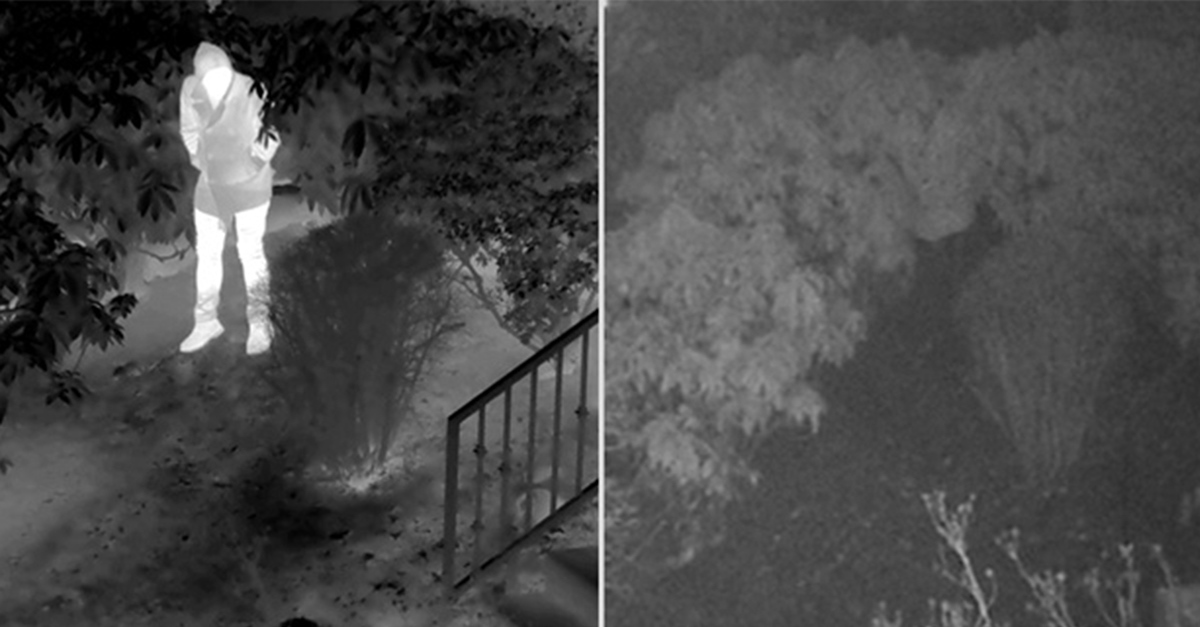
5 Benefits of Thermal Imaging Cameras

DIFFERENCE BETWEEN INDUSTRIAL ETHERNET AND REGULAR ETHERNET

INDUSTRIAL NETWORKING EQUIPMENT USED FOR AUTONOMOUS VEHICLES

CYBERSECURITY: PROTECTING INDUSTRIAL CONTROL SYSTEMS
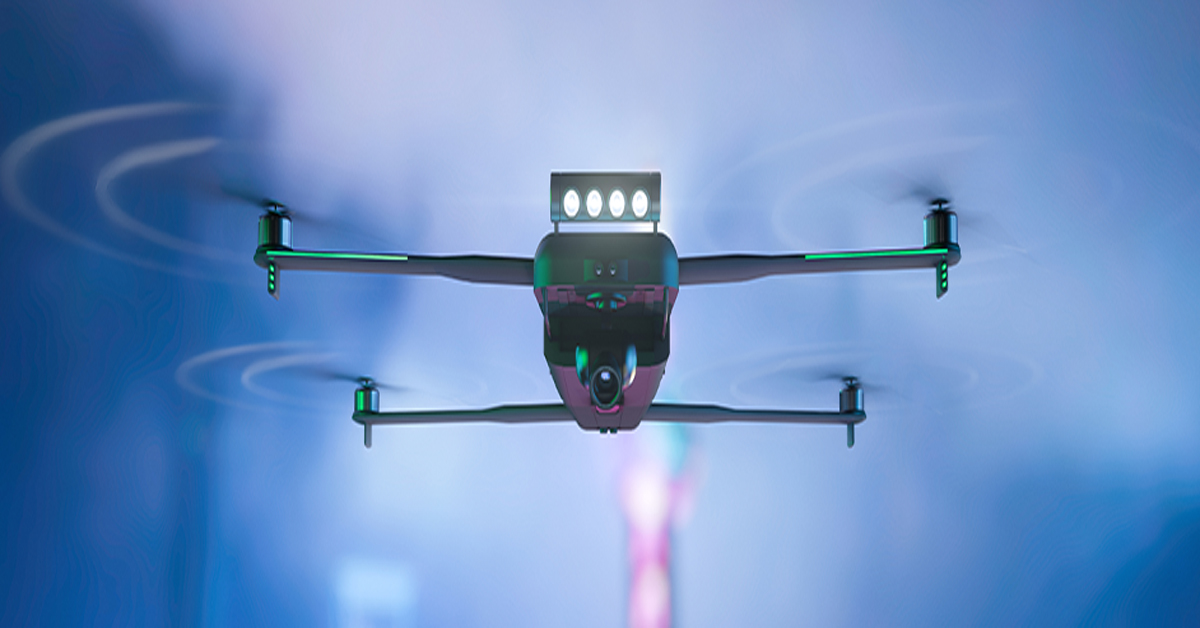
HOW INDUSTRIAL NETWORKING CAN PROVIDE SECURITY FROM DRONES
.webp)
Thermal Cameras Reveal How to Keep Your Home Cool During a Heat Wave

FLıR ONE PRO
.png)
Unmatched Maritime Awareness with Cooled Thermal Imaging
.png)
What Is the Right Handheld Thermal Camera for You?
.png)
Camera Resolution and Range
.png)
Special Applications for Marine Cameras
.png)
What’s The Difference between Thermal Imaging and Night Vision?
.png)
Can Thermal Imaging See Through Fog and Rain?
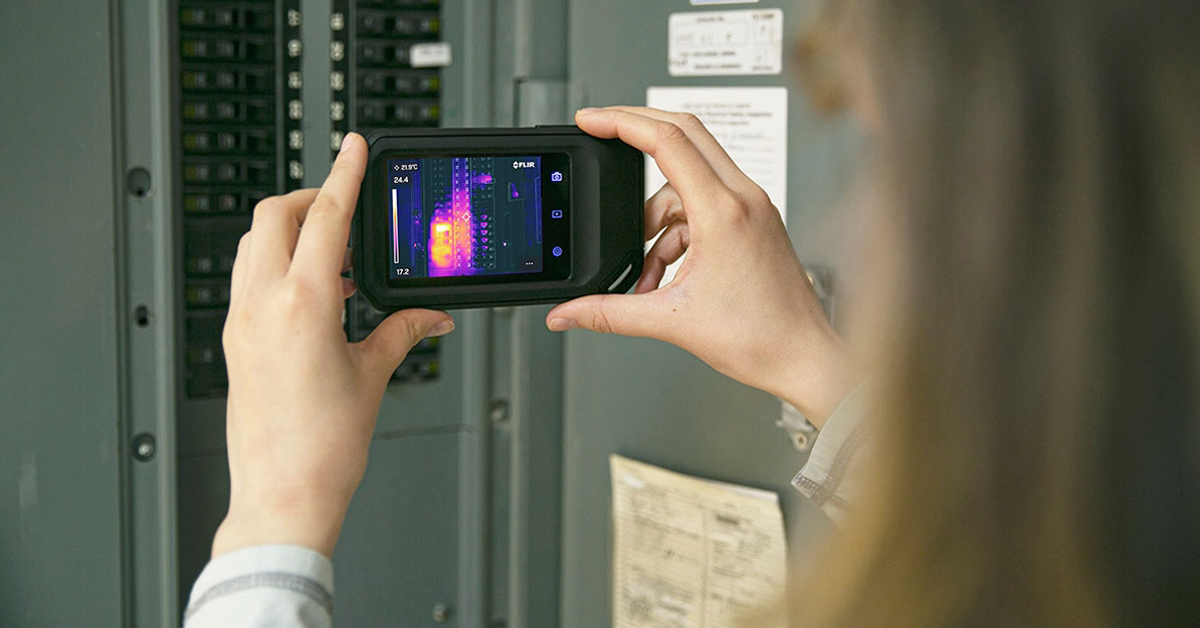
Which Cx-Series Camera Is Right for You?
.png)
What is MSX®?
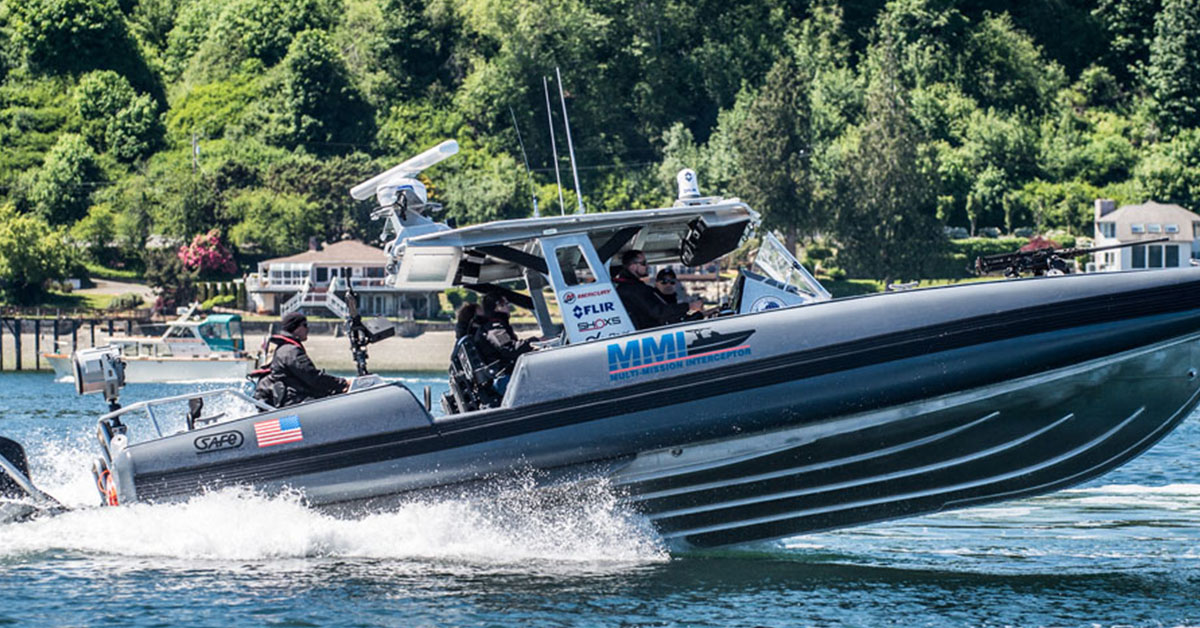
Five Reasons Maritime First Responders Need Thermal Imaging
.png)
3 Distinguishing Features of Superior Thermal Cameras
.png)
Determine Which Visible and Thermal Security Cameras You Need
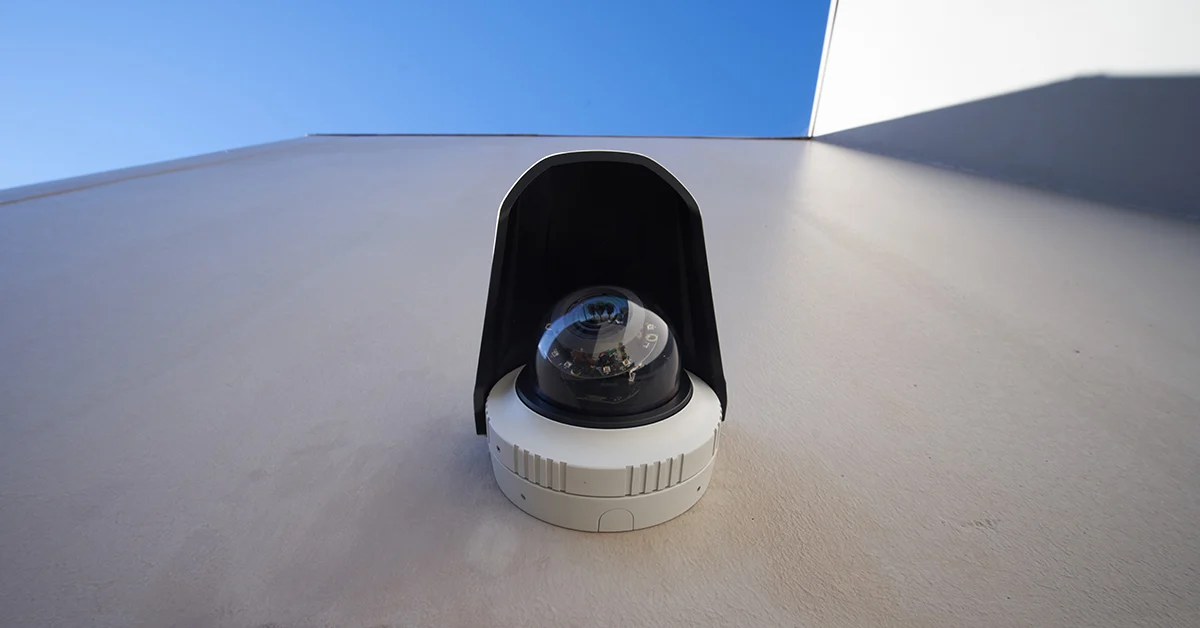
Bullet vs. PTZ vs. Dome: Which Security Camera Is Right for You?
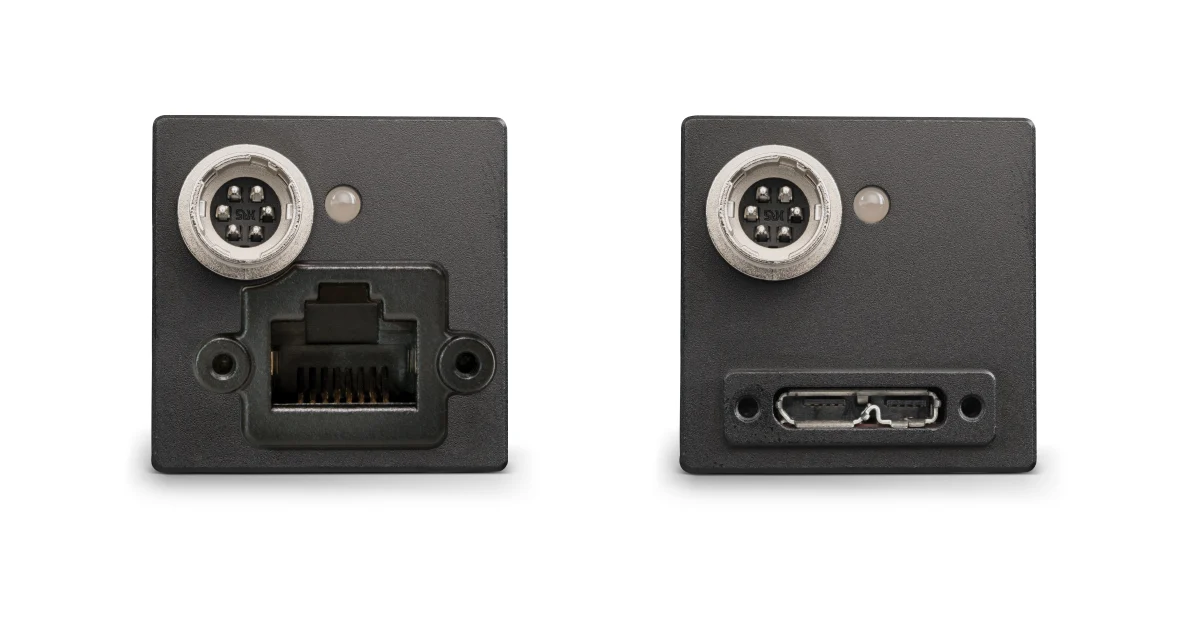
Interfaces for Machine Vision
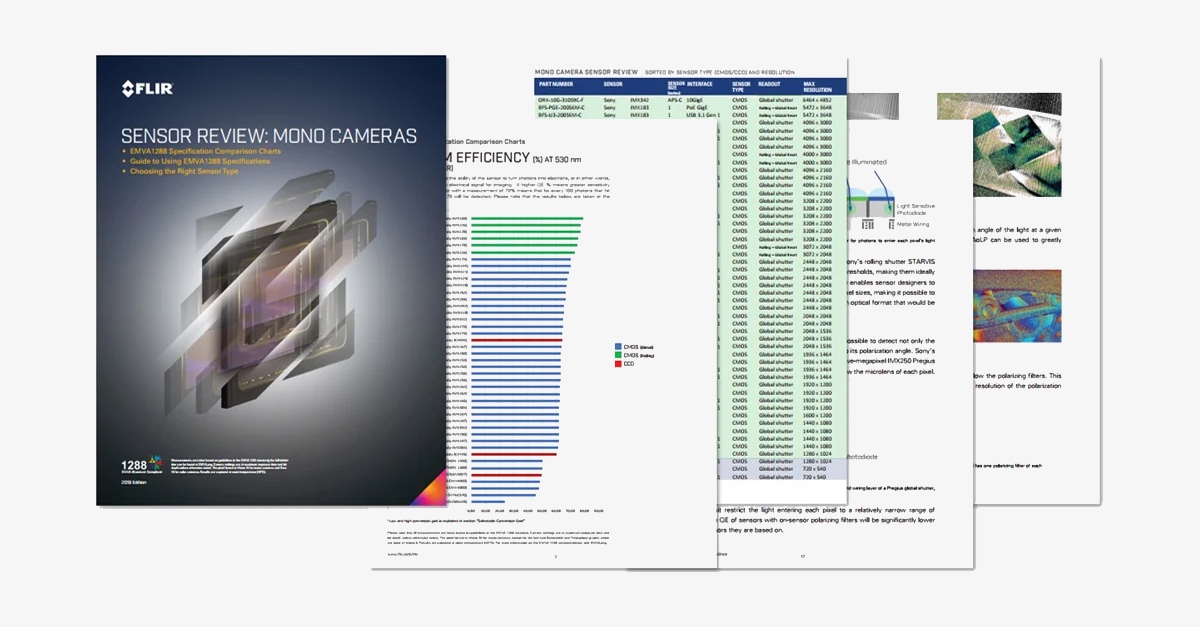
Machine Vision Sensor Review
.png)
Teledyne FLIR, the Industry Leader, Launches Boson +, a Long-Wave Infrared Thermal Imager Module with an Accuracy of Less Than 20 mK
.png)
Whitepaper: IP-Based Security Convergence
.png)
3 Technologies Transforming Safe Cities into Smart Cities
.png)
Insights from the Field: Ensuring Workplace Safety Using Thermal Camera Screening for Entry Control

Thermal Night Vision as a Force Multiplier
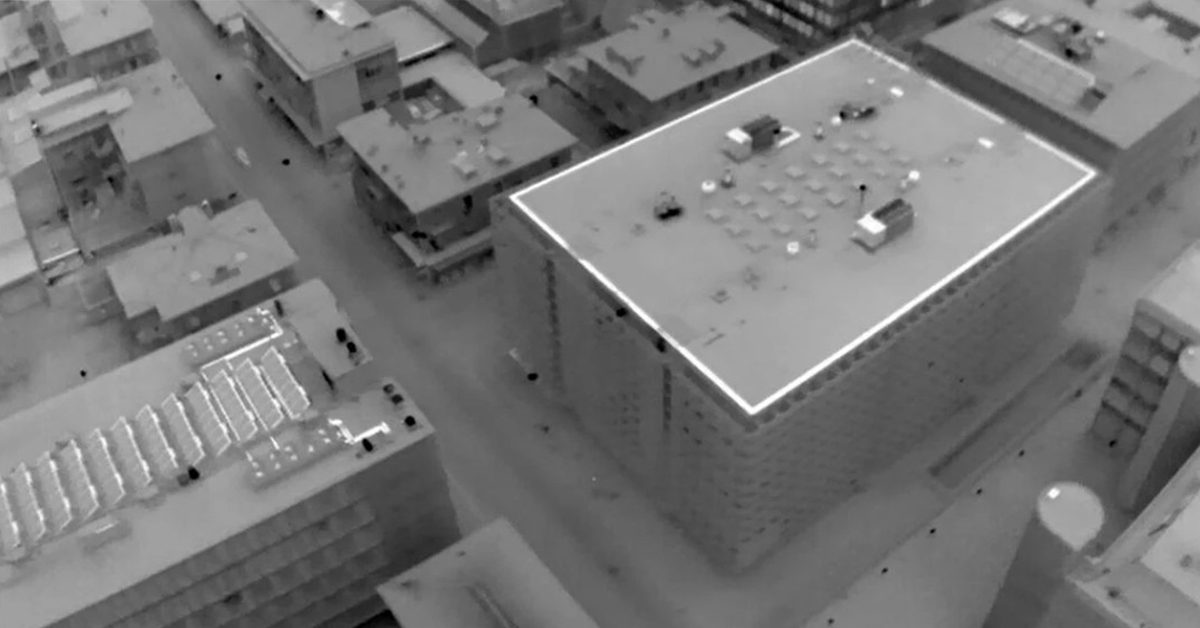
Can Thermal Imaging See Through Walls? And Other Common Questions
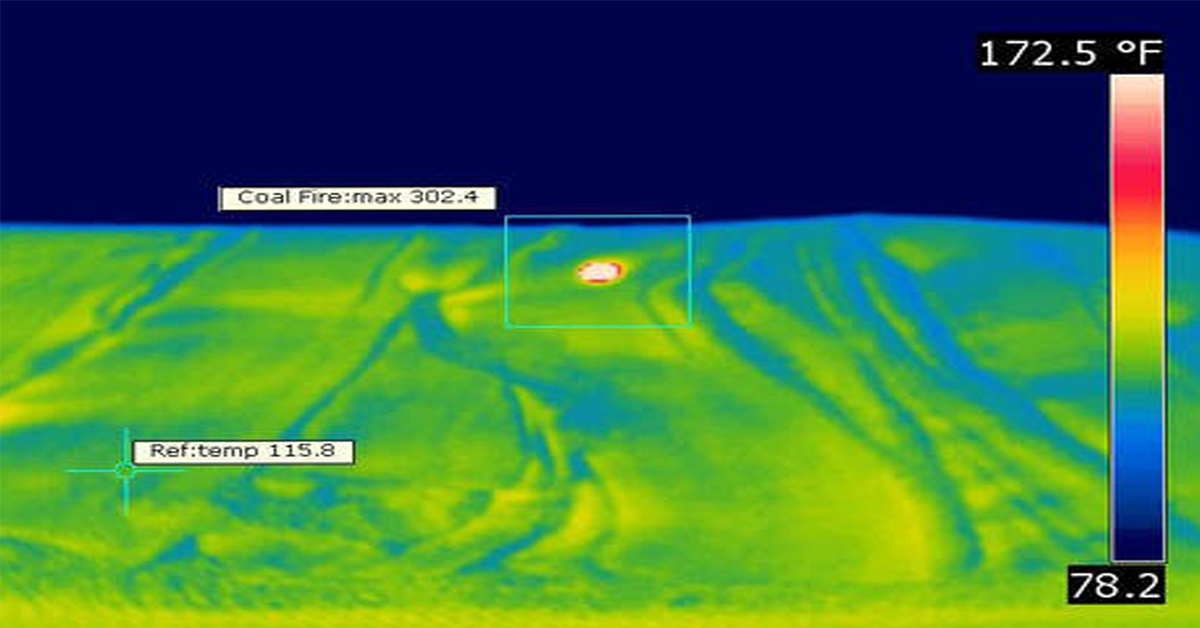
Application Spotlight: Early Fire Detection for Rapid Heat Generation
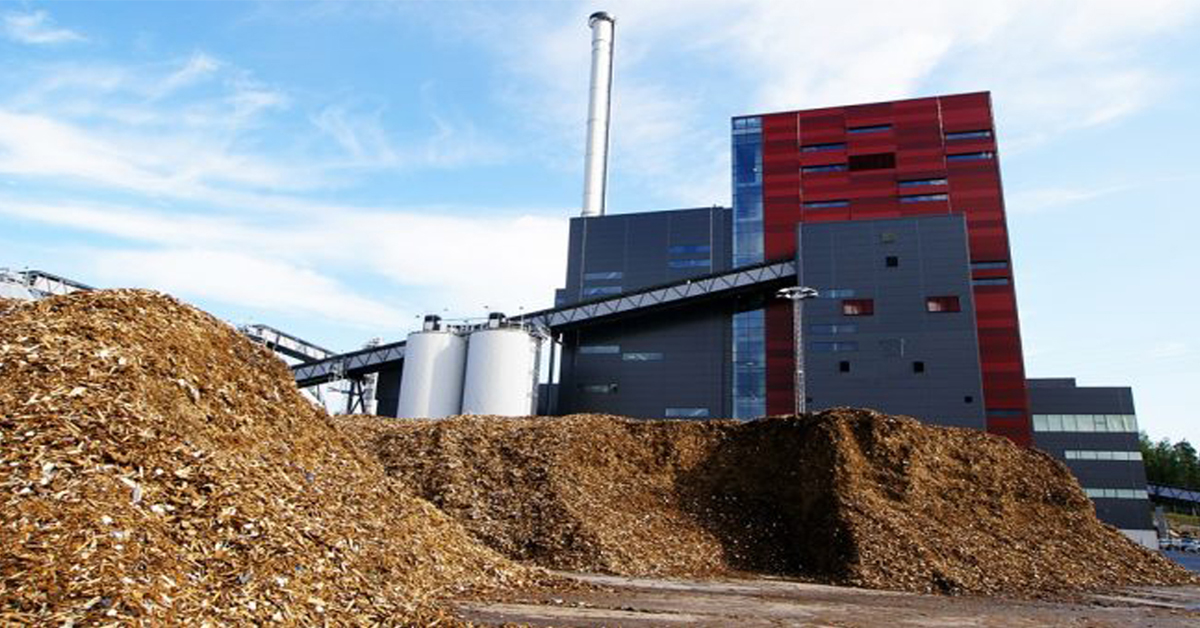
Protect Personnel and Equipment by Detecting Early Signs of Fire
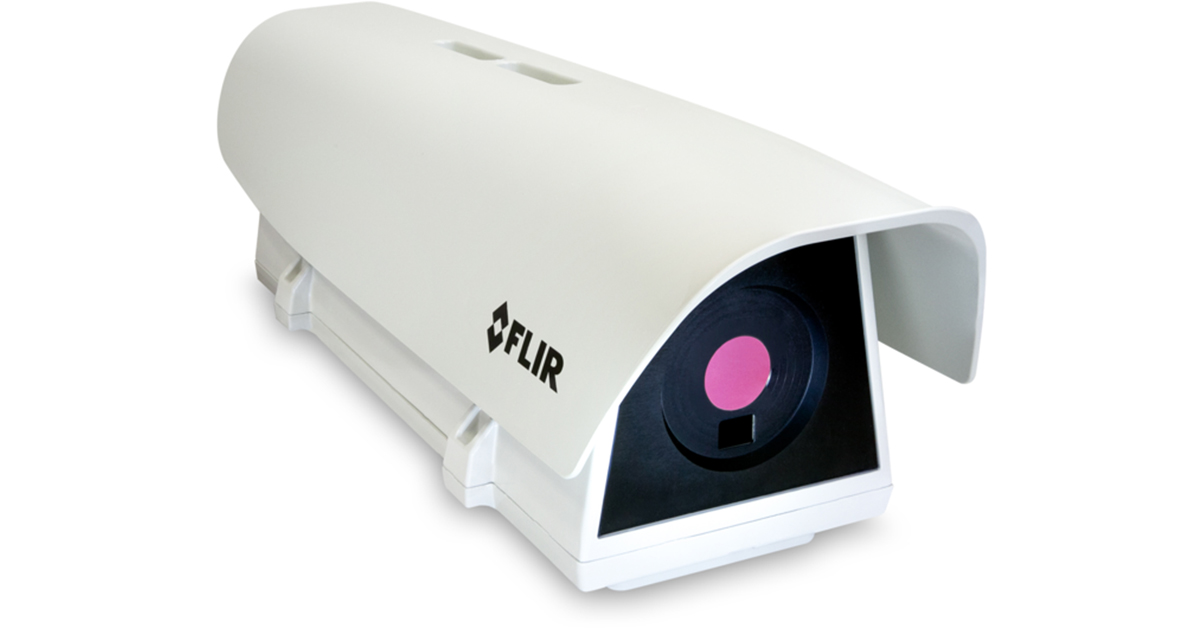
Teledyne FLIR Launches A500f/A700f Cameras for Fire Detection and Condition Monitoring
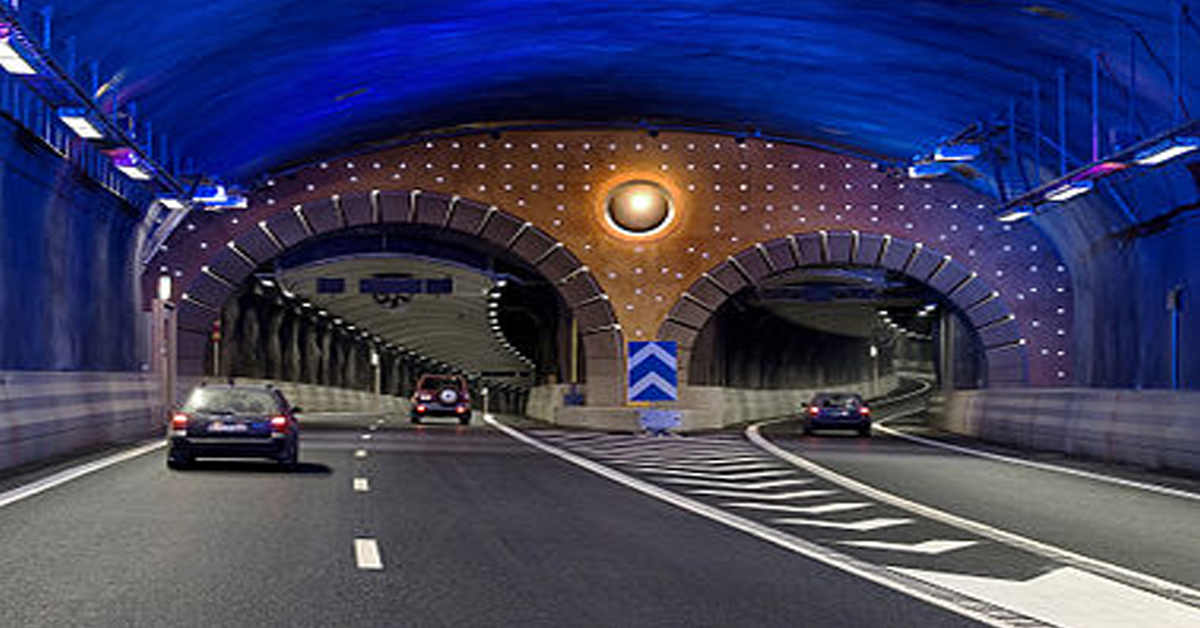
Thermal Imaging Cameras Help Guarantee Fire Safety in Tunnels
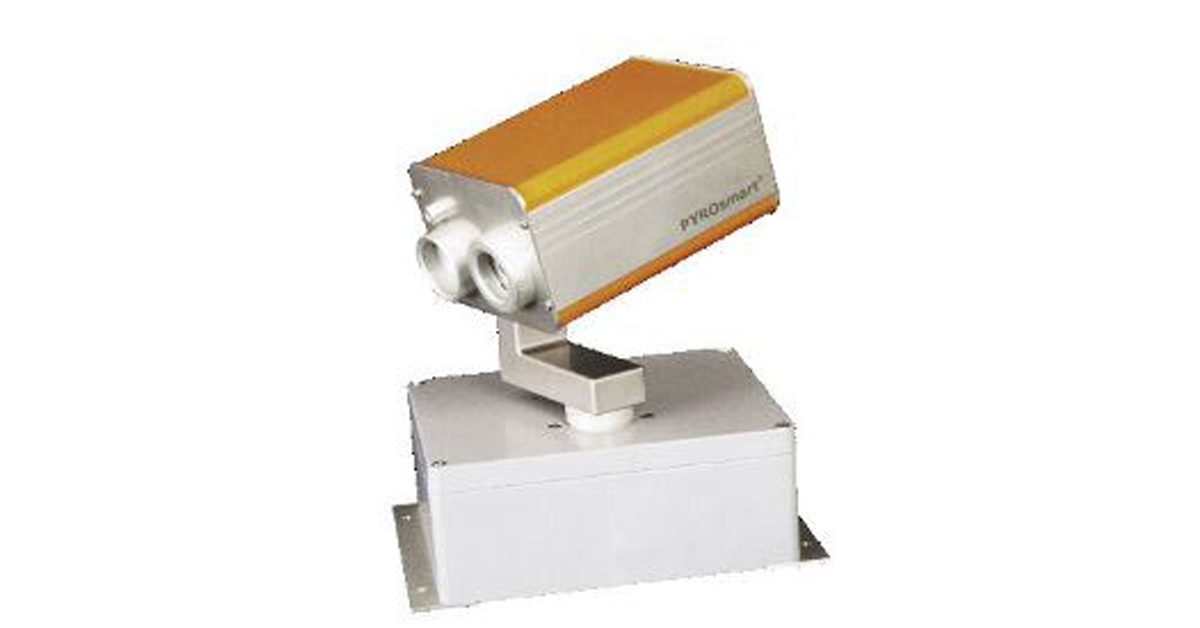
Thermal Imaging Cameras Help to Prevent Fires
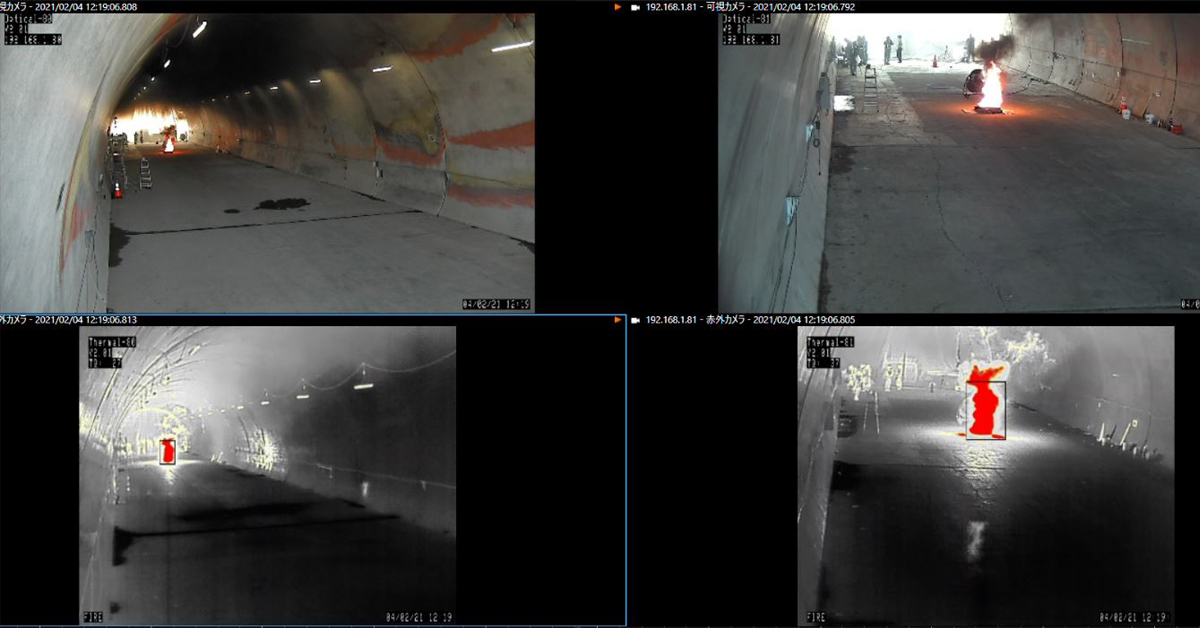
ITS-Series Dual AID Surpasses Standards for Fire Detection Systems in Japan
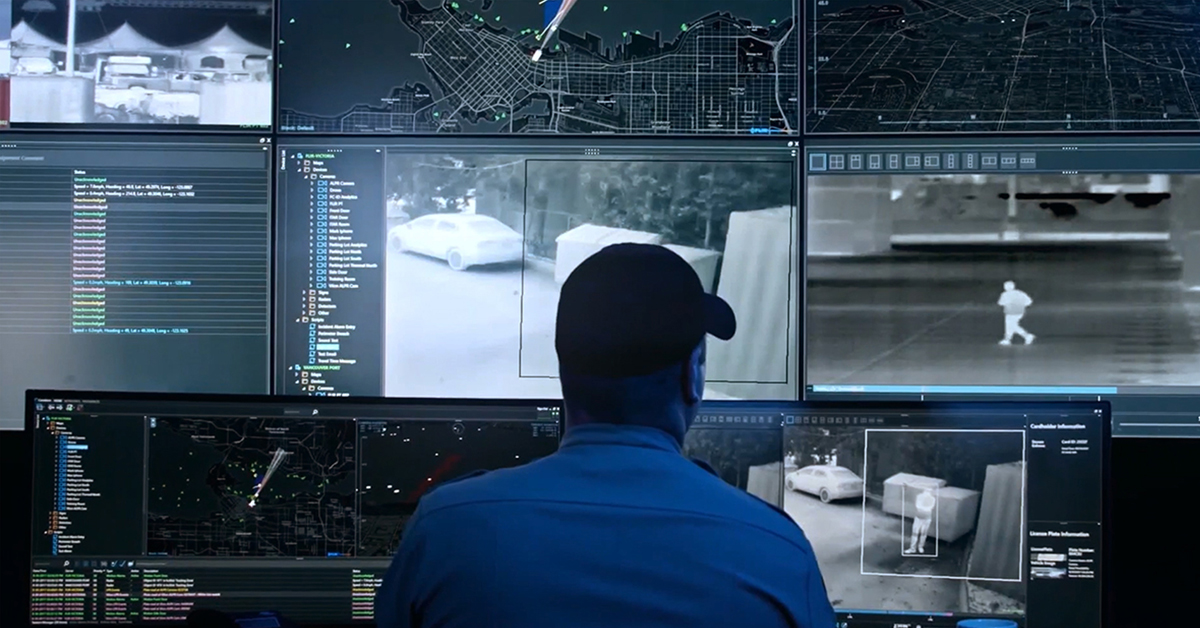
How Layering Multispectral PTZ Cameras and Radars Improve Perimeter Protection
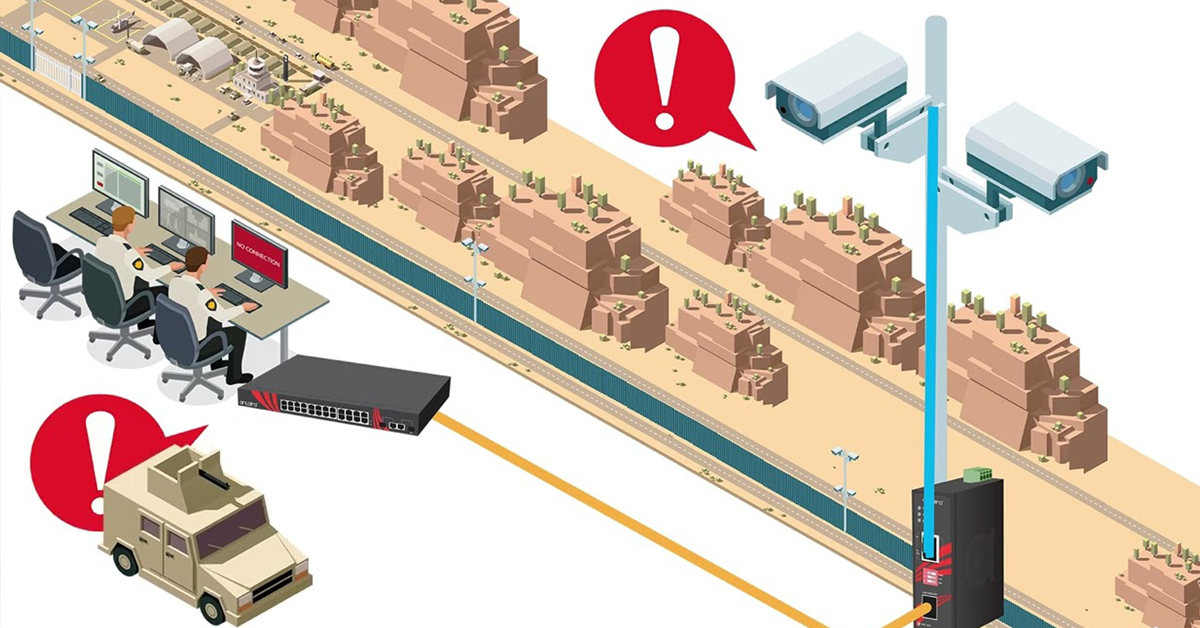
POWER REMOTE RESET TECHNOLOGY - PRRT

Why Yacht Owners are Adding Thermal Imaging Cameras to Minimise the Risk of Lithium-Ion Battery Fires?
.png)
Intelligent Transportation Systems
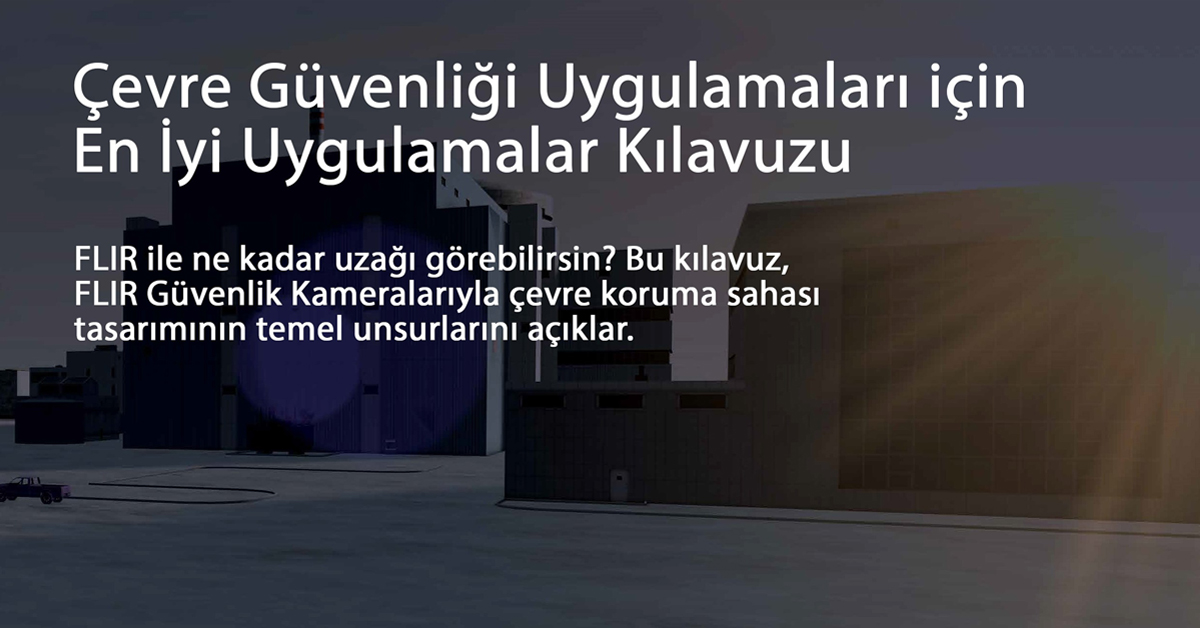
Best Practices Guide for Perimeter Security Applications

Protect Pedestrians, Bicyclists and More with Thermal Smart Sensors

White Paper: Application of Ground-Based Security Radar to Perimeter Systems

What is Thermal Leakage and How to Reduce Its Risks
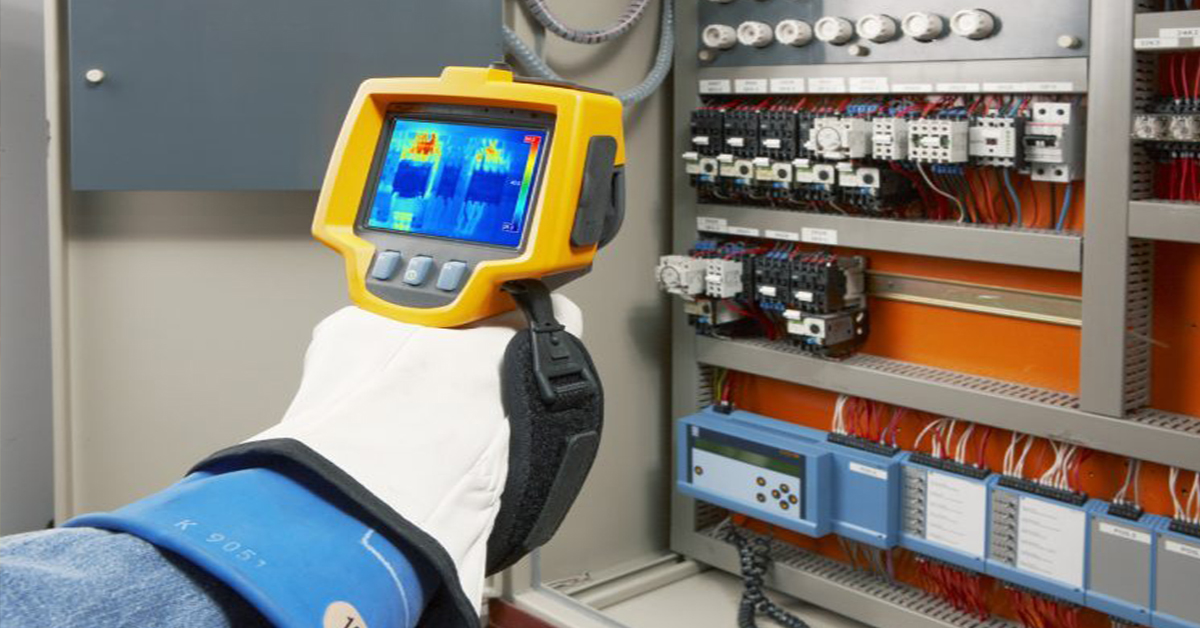
Battery Inspection Using Advanced Thermography
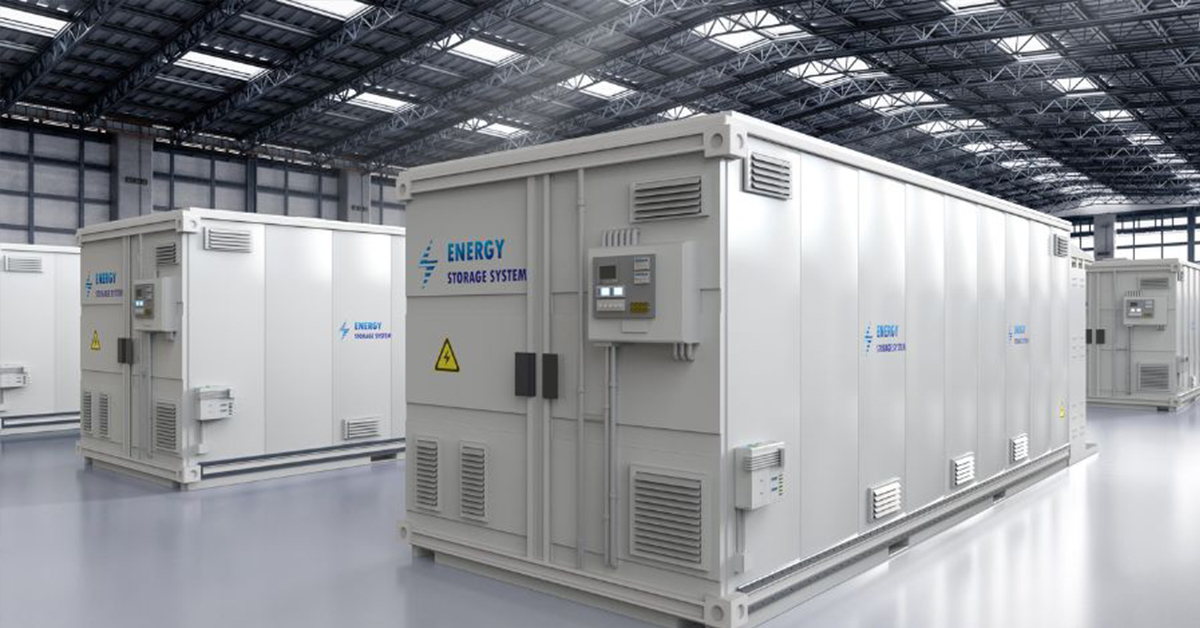
Providing ire Protection for Lithium Battery Storage
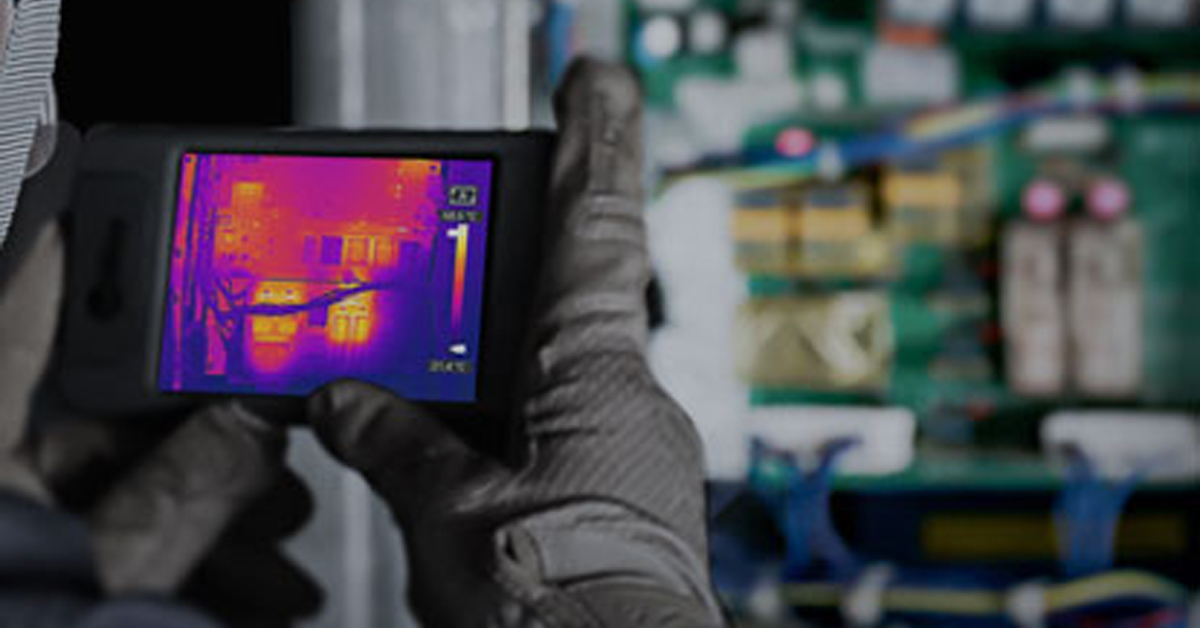
The Power of Thermal Imaging
.png)
Why Panel PCs Are Perfect For Industrial Applications?

Teledyne DALSA
.png)
Advantages of Virtual Barrier Video Analytics for Perimeter Security Systems
.png)
.png)
NASA Takes the Teledyne FLIR Boson Thermal Camera Module Out of this World
.png)
Port Security Enhancement: DP World Yarımca's Trust in FLIR Security Solutions for Effective and Safe Port Operations
.png)
The Importance of Thermal Sensitivity (NETD) for Detection Accuracy
.png)
Bosphorus Boat Show 2025: The Meeting Point of the Maritime World
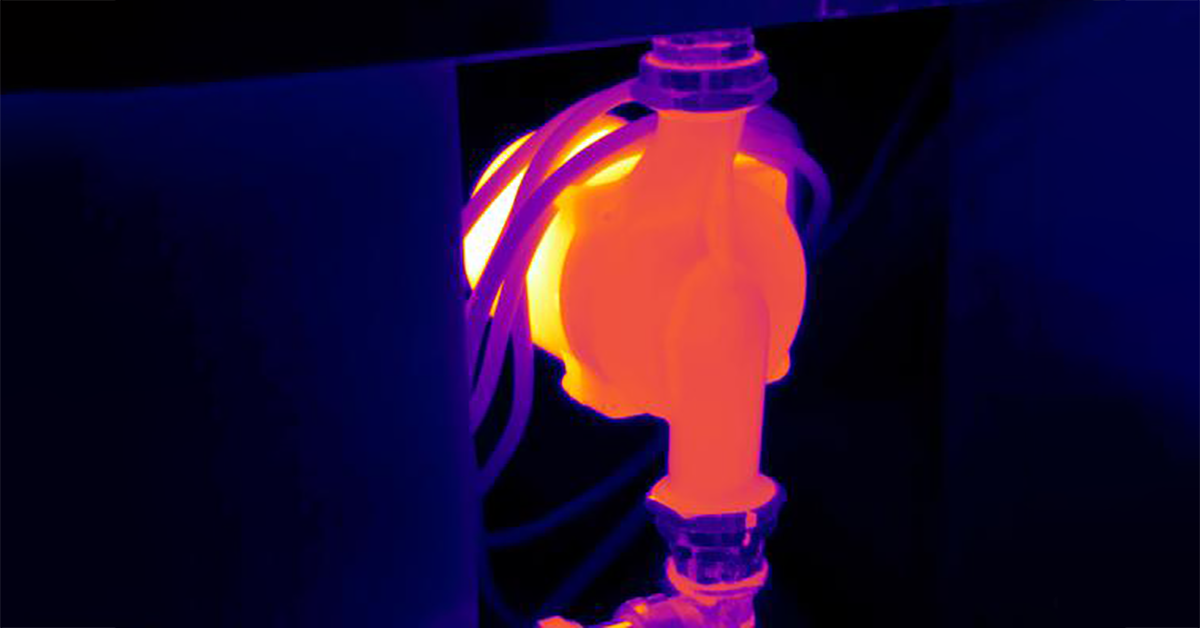
Application Spotlight: Critical Asset Monitoring for Thermal Conditions
.png)
Thermal Imaging for Marine Firefighting
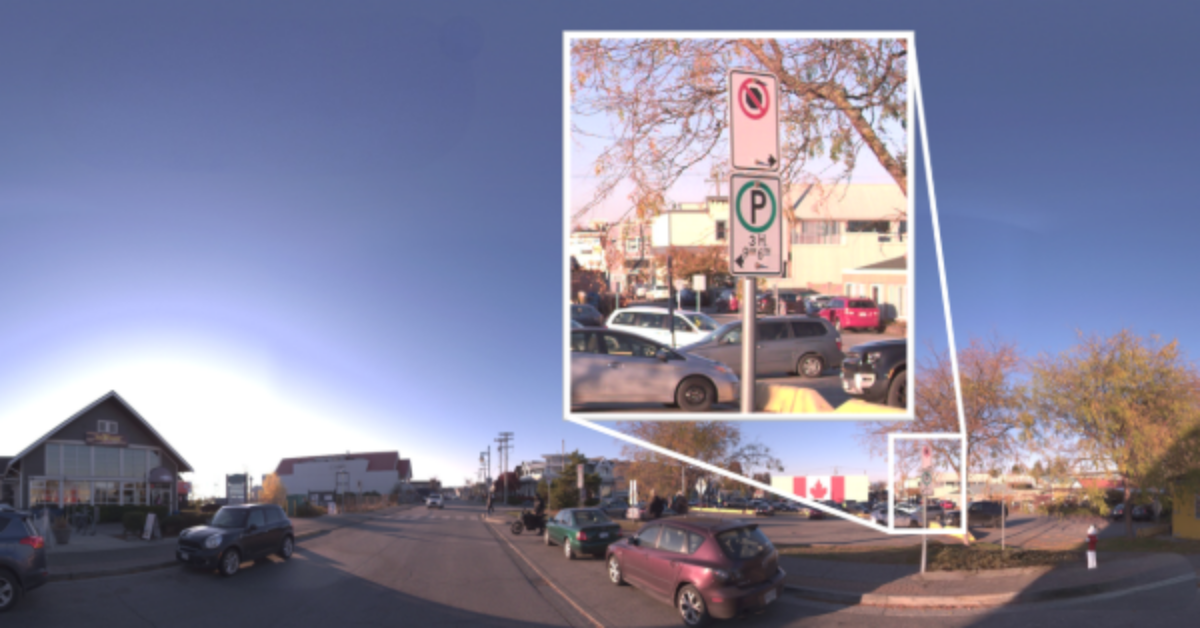
Imaging in Mobile Mapping
.png)
Using Thermal Imaging for Oil Spill Detection
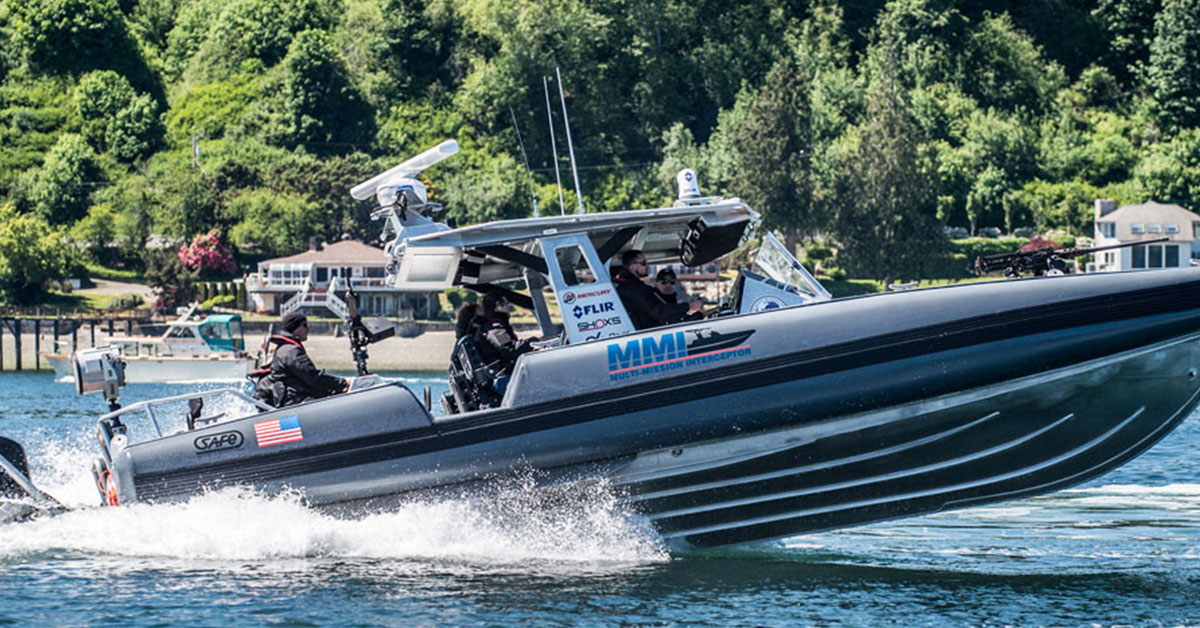
Five Reasons Maritime First Responders Need Thermal Imaging
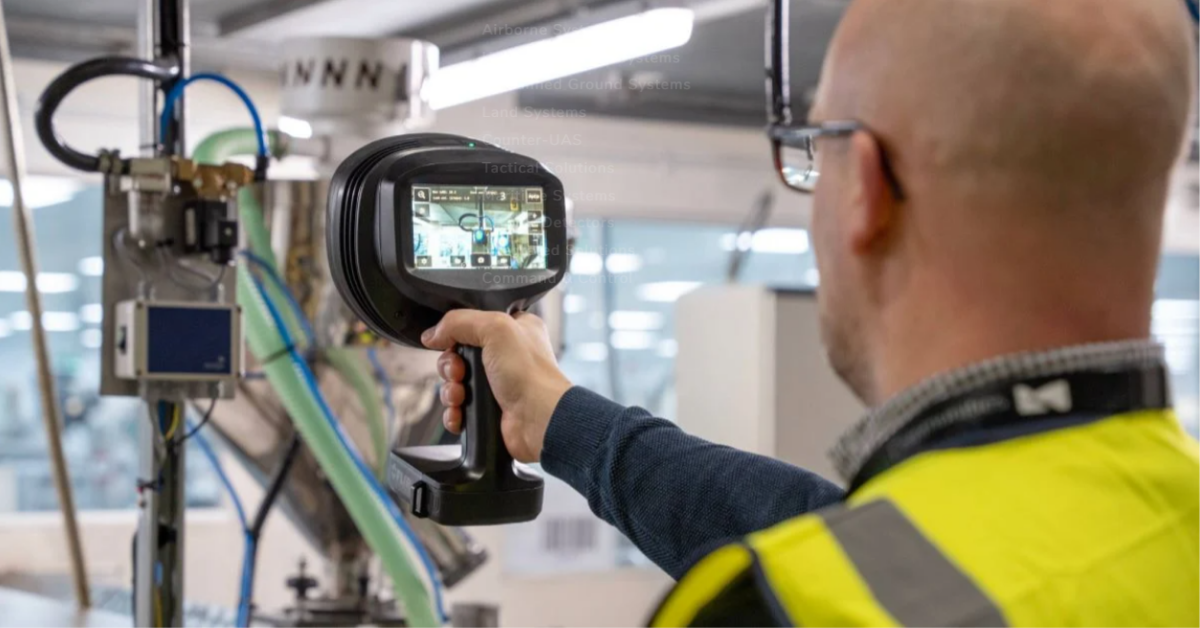
Case Study: Tackling Compressed Air Leaks in Automotive Parts Manufacturing with Acoustic Imaging

Thermal Night Vision as a Force Multiplier
.png)
Line Scan Contact Image Sensor - AxCIS
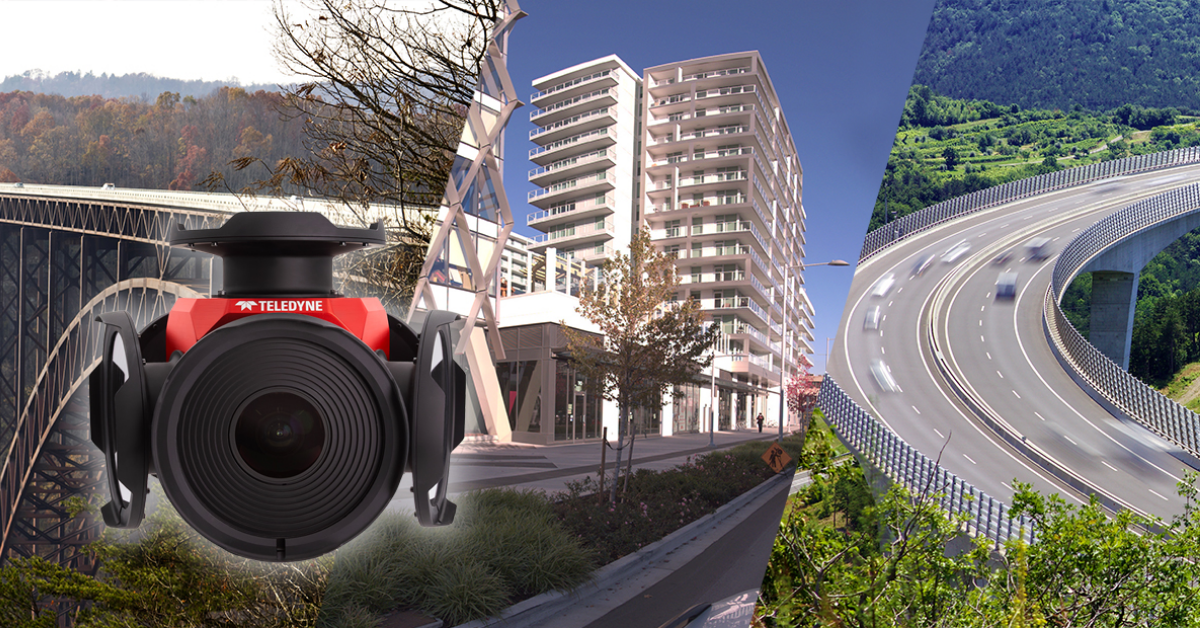
Beyond Resolution: What Really Makes a Camera System Work for Mobile Mapping
.png)
Multispectral Marine Cameras for USV Applications
.png)
Stabilizing FLIR Cameras for Smooth Viewing in Rough Waters
 (1).png)






